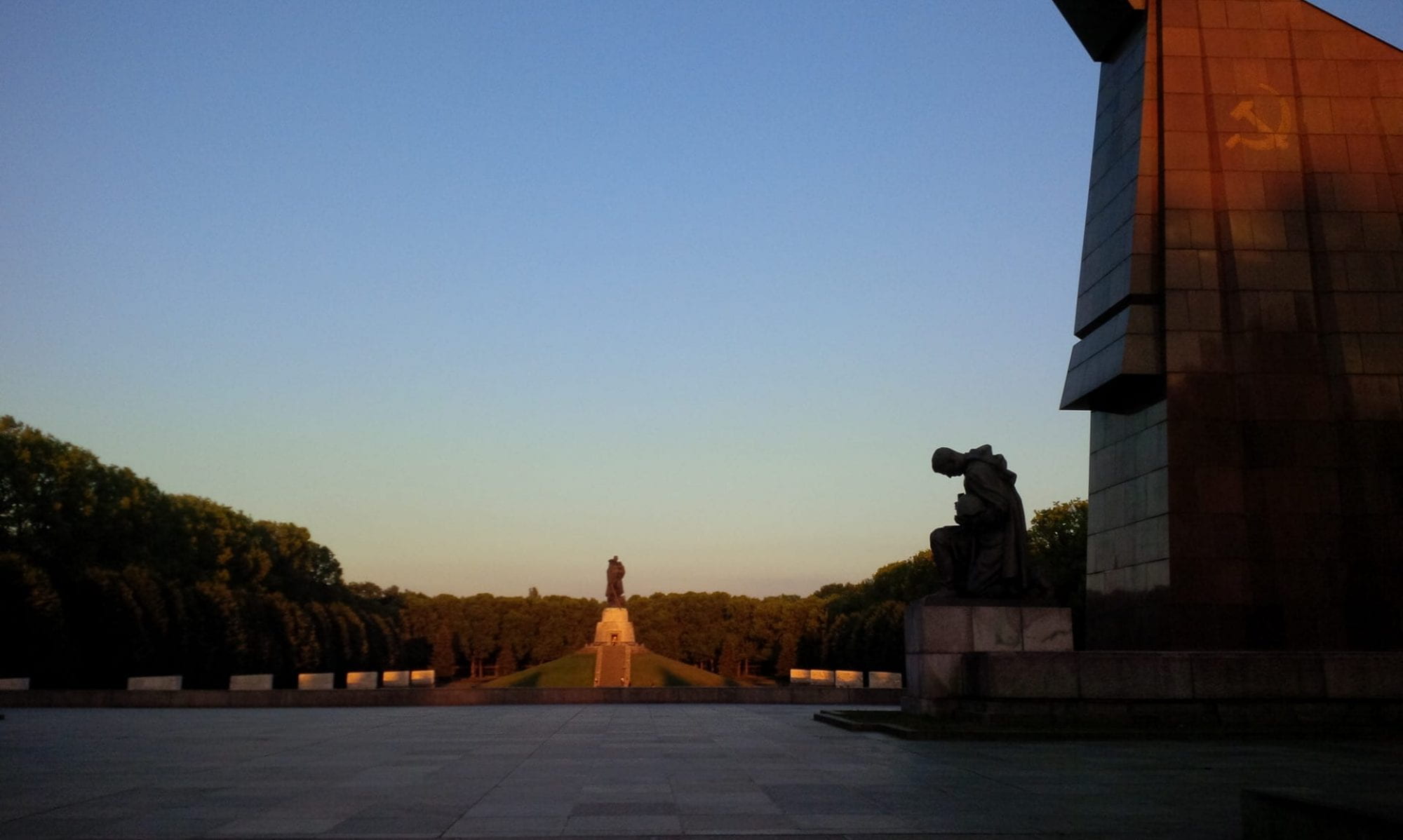
In Questioning Secularism, Hussein Ali Agrama identifies suspicion as an essential element of the Egyptian secular state. Rather than approaching secularism as a division between religious and political domains, Agrama understands secularism as the patterns and dispositions which generate questions about the sufficient disaggregation of religion and politics. Ultimately, this suspicion enables the state to further legally encroach on private, often religious domains, thereby extending state sovereignty. Most fascinating, suspicion of religious institutions or the state enables this legal encroachment. In the former, suspicion of religious institutions turns individuals away from them and toward another authority, the state. In the latter, distance from the state enables it to violate private domains and rights so that it can maintain social order.[1] Agrama contended that the multi-decade Egyptian security state was built on this secular circulation of suspicion.
Heather Jaber’s analysis of the Ramadan serial drama Awalem Khafeya (“Hidden Worlds”) picks up on Egyptian secularism almost two decades after the conclusion of Agrama’s fieldwork. The show’s veteran journalist protagonist, played by the famed Egyptian comedian and actor Adel Imam, investigates the shadowy networks responsible for the appearance of pride flags at an Egyptian Hip Hop concert (a blatant reference to a Meshrou Leila concert), as well as the subsequent controversies connected to it. As he untangles a web of corruption, the blame shifts from the Media to foreign actors to popular Muslim thinkers. And our protagonist’s investigation moves from the Internet to elite clubs and beyond. Hanging like a fog over all of these scenes is suspicion—suspicion of the media, of religious leaders, and of sexually-charged, intoxicated youth culture.
Throughout all of this, Jaber brilliantly teases out the pleasure in the panic of Awalem Khafeya. As in the Ann Pellegrini’s hell houses,[2] Awalem Khafeya’s discursive rejection of something marked as “immoral” and dangerous is laced with excitement. In this case, secularism works not only through suspicion, but exciting suspicion.
Perhaps what is most exciting to me about Jaber’s presentation is that where suspicion turned citizens away from the state in Agrama’s case study, thereby enabling sovereign encroachment, Awalem Khafeya turns viewers away from religious institutions. The work that suspicion does in these two case studies is flipped. It is as if the secular state identified the Agrama’s “asecular” spaces[3] and targeted them in media. Embracing Sara Ahmed’s language of affect orienting toward or away from illuminates the work suspicion is doing in these two cases.[4] In Agrama, suspicion oriented actors away from the state, enabling the state to further restrict their ability to reject the state. In Awalem Khafeya, suspicion now orients citizens away from religious actors, foreign entities, and the media.
This got me thinking: where is the Egyptian state in Awalem Khafeya? Continuing with Ahmed’s language of orientation, what if this serial drama orients parallel to the state? Does the state become affectively attenuated in this process? Is it naturalized as a feature of our affective environment? Thinking back to the animating concern of Material Secularism as a whole, might we see “parallel orienting” as the process through which secularism normalizes certain configurations?
Max Dugan is a
graduate student in the Department of Religious Studies at Penn.
[1] Agrama, Questioning Secularism, 141.
[2] Pellegrini, Ann. “‘Signaling through the Flames’: Hell House Performance and Structures of Religious Feeling.” American Quarterly 59, no. 3 (September 2007): 911–35.
[3] Agrama, Questioning Secularism, 231-235.
[4] Ahmed, Sara. “Affective Economies.” Social Text 22, no. 2 (Summer 2004): 117–39.
